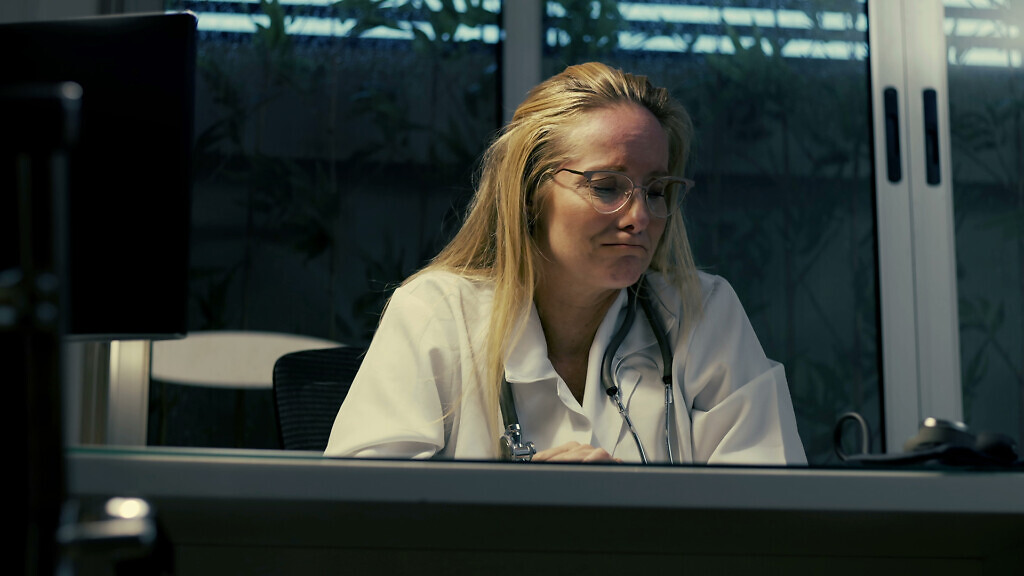Across the UK health sector, workforce wellbeing has become a central concern in discussions about quality of care.
Rising workloads, persistent staffing gaps, and constant time pressures are leaving many healthcare professionals exhausted. This is not just an occupational health issue; growing evidence shows that staff stress and burnout directly affect patient safety, increase the risk of errors, disrupt continuity of care, and reduce overall service quality.
Understanding the link between wellbeing and safety
The 2023 NHS Staff Survey found that nearly one in three employees (30.4%) reported feeling ‘burnt out’ because of their work, while almost three-quarters (73.8%) said they faced unrealistic time pressures. Burnout is particularly prevalent among ambulance workers (49.3%) and medical and dental staff (35.3%).
Across both NHS and private healthcare settings, clinicians experiencing burnout are approximately twice as likely to make errors in diagnosis or prescribing (NIHR SPCR, 2023; Imperial College London, 2023). Around 40% of doctors report that at least once a week they struggle to provide sufficient patient care, and nearly 75% claim inadequate staffing as a key barrier to delivering safe, effective care (GMC, 2022/23).
Workforce strain and patient safety
Work-related stress remains a significant challenge across the health system. In the NHS, 45% of staff reported feeling unwell due to stress in the past year, and more than half (57%) admitted to working despite being too unwell to do so. Similar pressures are reported in private hospitals, where smaller teams and high-demand areas, such as elective surgery and diagnostics, often rely on overtime and agency staff to maintain services.
Only a third of NHS staff (32.4%) feel there are enough people to enable them to do their job properly. In both public and private settings, staffing shortages contribute to burnout, drive attrition, and reduce team resilience; ultimately increasing the risk to patients.

Evidence-based approaches to improvement
Research shows that addressing burnout requires system-level solutions rather than individual interventions. Effective strategies include:
- Safe staffing and manageable rotas: Following recommended nurse-to-patient ratios and limiting excessively long shifts reduces fatigue-related errors.
- Monitoring wellbeing proactively: Regular surveys and pulse checks help identify stress hotspots, allowing timely interventions that improve safety and morale.
- Accessible support services: Confidential counselling, helplines, and peer networks can reduce burnout rates by up to 20% when fully integrated.
- Leadership that prioritises wellbeing: Teams led by managers who actively support staff wellbeing show lower turnover and higher patient satisfaction.
- Integrating wellbeing into safety culture: Embedding staff wellbeing checks into routine safety huddles ensures that workforce health is treated as integral to patient safety.
Building a safer, sustainable health system
Burnout is now recognised as both a workforce and a patient safety issue across the UK healthcare system. Evidence shows that when organisations support staff wellbeing, through adequate staffing, proactive monitoring, leadership engagement, and accessible support, they not only improve morale and retention but also reduce errors and strengthen the quality of care delivered.
Protecting the health of healthcare staff is therefore essential. It is not just an internal concern: it is a critical step toward a safer, more reliable, and sustainable healthcare system in both the NHS and private sectors.
Designated Medical is a full-service consultancy for private healthcare clinics and practitioners looking to launch and scale their businesses. Our specialist services include CQC Consultancy (Registration and Compliance), Strategy, Marketing, Finance, Billing, and Medical PA and Practice Management. Find out more: designatedmedical.com



